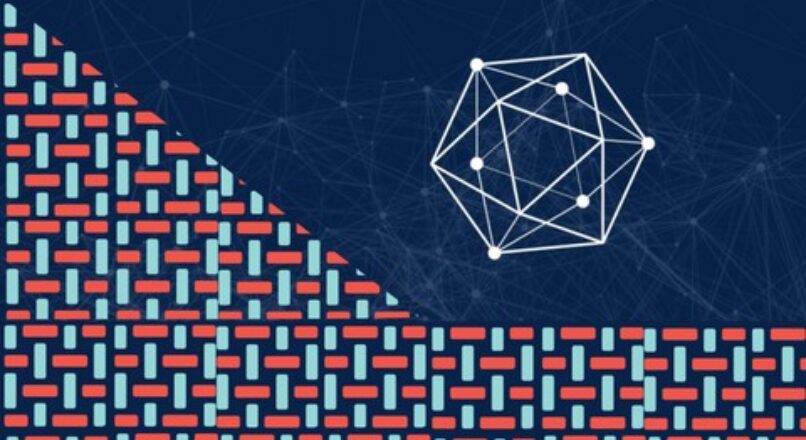
Hyperledger Fabric 2.x Network Design & Setup

Price: $94.99
Updated to Fabric Version 2.x in July 2020
Setting up Hyperledger Fabric Infrastructure is a complex task that requires the users to understand the concepts and the tools. This course is for technologists who are looking to architect & design solutions on Hyperledger Fabric based Distributed Ledger Technology (DLT).
This course has already helped 1000s of students gain expertise on Fabric Network design & setup.
At the end of this course students will:
-
Have hands on knowledge of Hyperledger Fabric Components & Practices
-
Understand how to design the Hyperledger Fabric Infrastructure as per the requirements
-
Setup Fabric Certification Authorities & Manage identities
-
Be able to setup the test & production grade Fabric network infrastructure
-
Design Consortium setups & policies
-
Configure the YAML files for Fabric network initialization
-
Carry out Fabric network configuration updates
-
Be able to setup Fabric Network on
-
Native in a Virtual Machine (Locally)
-
Cloud (AWS)
-
Docker & Docker Compose
-
Minikube & Kubernetes (GCP)
-
-
Will be in a position to take the CHFA exam (Practice required)
Tools Covered:
-
configtxgen, cryptogen, configtxlator
-
orderer, peer, kafka
-
fabric-ca-server, fabric-ca-client
-
jq, docker, docker-compose, minikube kubernetes
-
AWS & GCP installation
Before joining the course:
-
Go through the preview lectures & Make sure you understand my accent 🙂
-
Be aware that this course covers advanced topics & may require you to spend time on additional readings etc
-
Understand the basics of Hyperledger Fabric – take a look at my course on Composer, it will help build a solid foundation
-
Know this course will NOT teach you how to develop chaincode – take a look at my course on “Mastering Chaincode Development with GoLang”
Pre-Requisites:
-
Students MUST have the conceptual knowledge of Hyperledger Fabric DLT
-
Students MUST be comfortable with basic Linux commands
-
Students MUST be comfortable with basic/simple shell scripts
-
Students MUST be willing to learn (Fabric related technologies) on their own
Good to have:
-
Basic understanding of Docker / Kubernetes
-
Understanding of Virtual Machines | Hypervisors
-
Access to any public cloud (AWS, Google …)
-
Working knowledge of JSON or YAML format





Leave a reply
You must login or register to add a new comment .